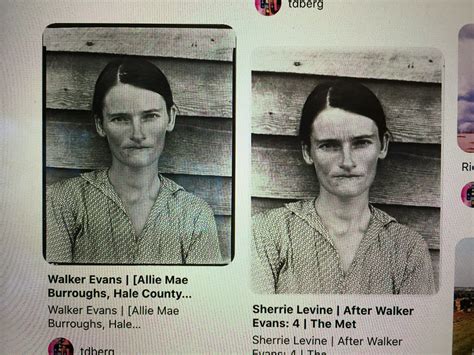A Quote by Paul Tillich
Existential anxiety of doubt drives the person toward the creation of certitude of systems of meaning, which are supported by tradition and authority. Neurotic anxiety builds a narrow castle of certitude which can be defended with the utmost certainty.
Related Quotes
...the reason for [this age's] anxiety and unrest is because in one direction, 'truth' increases in scope and quantity - via science and technology - while in the other, certainty and confidence steadily decline. Our age is a master in developing truths while being wholly indifferent to certitude. It lacks confidence in the good.
I try to make art which celebrates doubt and uncertainty. Which provokes answers but doesn't give them. Which withholds absolute meaning by incorporating parasite meanings. Which suspends meaning while perpetually dispatching you toward interpretation, urging you beyond dogmatism, beyond doctrine, beyond ideology, beyond authority.
For every gain in deep certitude there is a corresponding growth of superficial "doubt." This doubt is by no means opposed to genuine faith, but it mercilessly examines and questions the spurious "faith" of everyday life, the human faith which is nothing but the passive acceptance of conventional opinion.
Belief Systems contradict both science and ordinary "common sense." B.S. contradicts science, because it claims certitude and science can never achieve certitude: it can only say, "This model"- or theory, or interpretation of the data- "fits more of the facts known at this date than any rival model." We can never know if the model will fit the facts that might come to light in the next millennium or even in the next week.
Surveillant anxiety is always a conjoined twin: The anxiety of those surveilled is deeply connected to the anxiety of the surveillers. But the anxiety of the surveillers is generally hard to see; it's hidden in classified documents and delivered in highly coded languages in front of Senate committees.



































